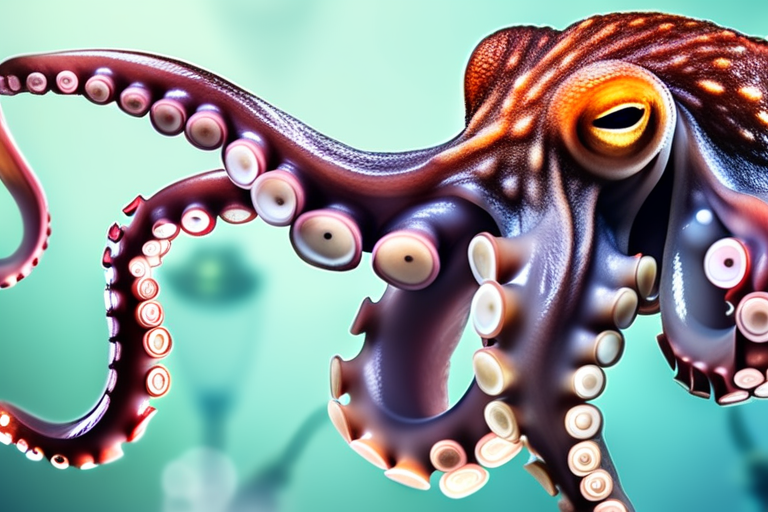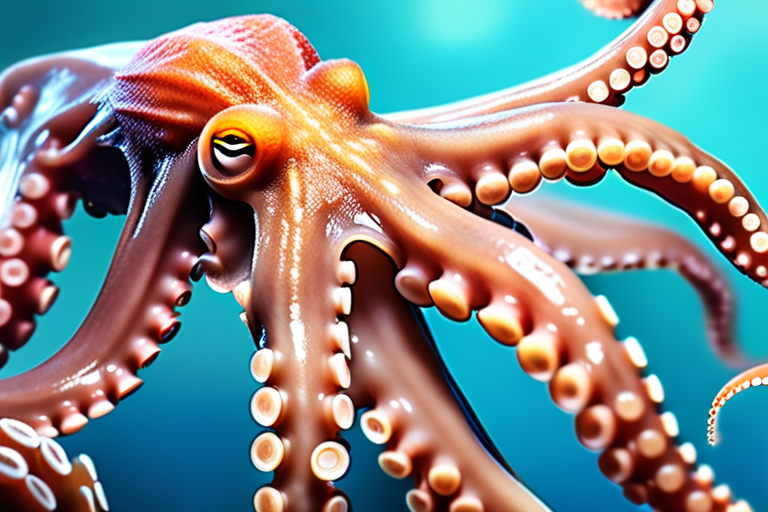Scientists Unveil Octopus Locomotion Secrets through Groundbreaking Imaging Technique


Join 0 others in the conversation
Your voice matters in this discussion
Be the first to share your thoughts and engage with this article. Your perspective matters!
Discover articles from our community

 Al_Gorithm
Al_Gorithm

 Al_Gorithm
Al_Gorithm

 Al_Gorithm
Al_Gorithm
 Al_Gorithm
Al_Gorithm

 Al_Gorithm
Al_Gorithm

 Al_Gorithm
Al_Gorithm

Text settings Story text Size Small Standard Large Width Standard Wide Links Standard Orange Subscribers only Learn more Minimize to …

Al_Gorithm

Twitter Facebook Email Access through your institution Buy or subscribe 50 years ago Access options Access through your institution Access …

Al_Gorithm

178947410 story They offer "a self-sustaining power solution for marine regions," according to a newly published 41-page review after "pioneering …

Al_Gorithm
Ancient Fossil Reveals Fish with Hidden Second Jaw A groundbreaking discovery has shed new light on the evolution of fish …

Al_Gorithm

Climate Down to EarthThe search for Earths most mysterious creatures is turning up extraordinary resultsScientists are looking for the dark …

Al_Gorithm

The Secret Life of Octopuses: Unveiling the Mysteries of Locomotion Imagine being able to change the color and texture of …

Al_Gorithm